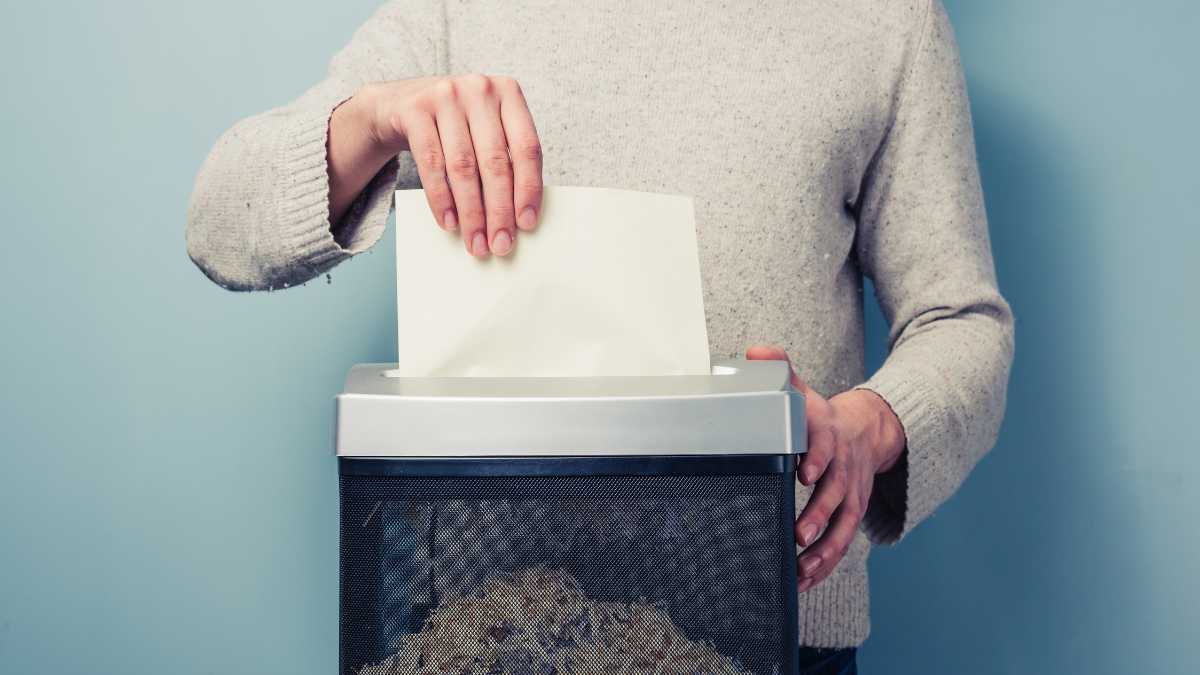After filing your taxes, you are probably wondering what you can throw, what you should hold onto, and for how long.
Actual tax returns should be held onto forever. But when it comes to supporting documents such as receipts and canceled checks, it is a good idea to keep these items for up to six years after the return due date or file date. For example, if you have filed your 2020 tax return by the due date of April 15, 2021, the IRS only has three years after the return date to assess tax.
Although, this period is six years if more than 25% of gross is excluded from a return. If no return is filed, the IRS could assess tax anytime. Therefore, holding onto tax returns indefinitely is a good idea in the case the IRS claims a return was never filed in a certain year. Being able to easily present them with a copy of the return will help your case.
Property-related tax records
When it comes to events such as the sale of a home this may be a different situation. For example, say you purchase a home and several years later decide it is time for improvements, therefore, creating capital improvements and a step-up in the basis of your home. Several years after that you decide to sell your home. It is important to know the new basis of your home, the original cost, plus capital improvements, at the time of the sale. If audited by the IRS, you may have to present them with records of the original purchase and the capital improvements to verify the basis at the date of the sale. In this instance, you should keep your records for six years after filing your return for the year of the sale of your home.
As a joint return filer up to $500,000 in gains on the sale of your home may be excluded. Although, even if you believe that your gain will be covered by this exclusion, you will still need to be able to present the IRS with proof of your basis if they inquire. Also, tax laws are always changing, therefore, in the future the exclusion may not be guaranteed in the year of your sale and the value of your home may be much higher than expected.
Other properties that are likely to be bought and sold, such as stocks or shares in a mutual fund are also important to keep in mind. For example, if you are taking your dividends and buying additional shares, this is a separate purchase and will most likely have a different basis.
Marital separation or divorce
If you are to separate from or divorce your spouse, be sure to make or keep copies of tax records and all supporting documents. It is important to have all joint returns and documents that support these returns because as joint filers both spouses are legally responsible for the tax on those returns. Agreements regarding custody of children and who is permitted to claim the child or children and when are very important records to hold onto as well.
Document safe keeping
Consider keeping important documents in a safe deposit box or another place outside of your home, to protect yourself from the possibility of losing records due to theft, a fire, or other disasters. Be sure that these records are easily accessible in the case of an emergency that you may experience.




